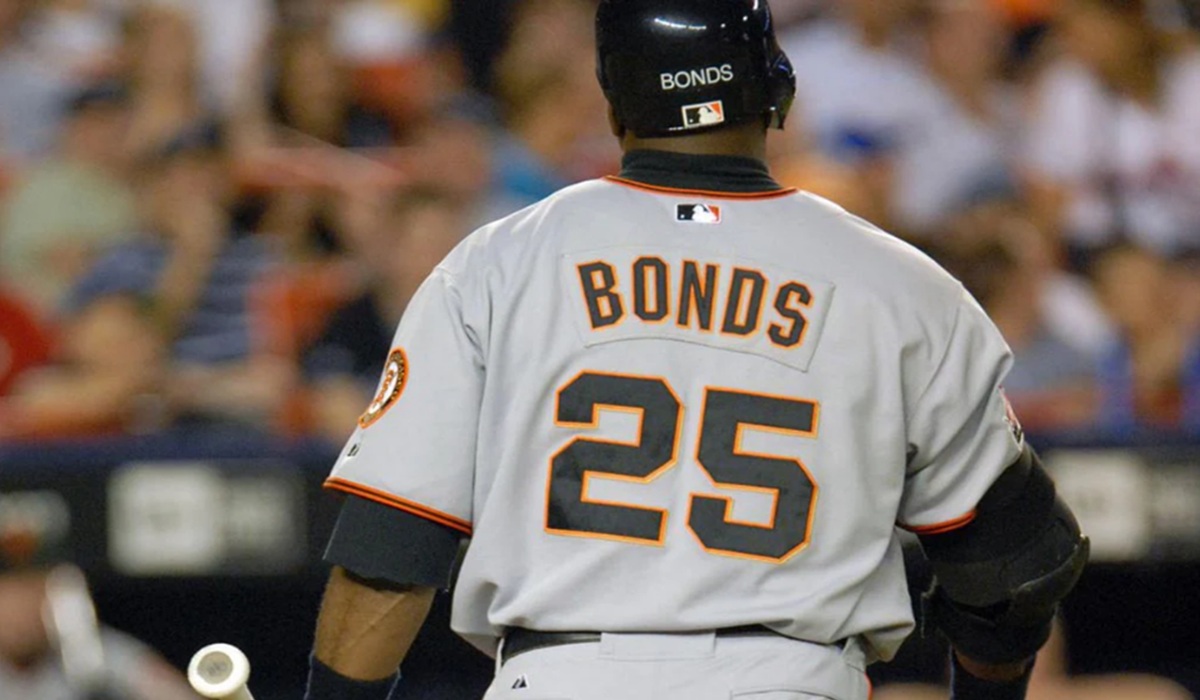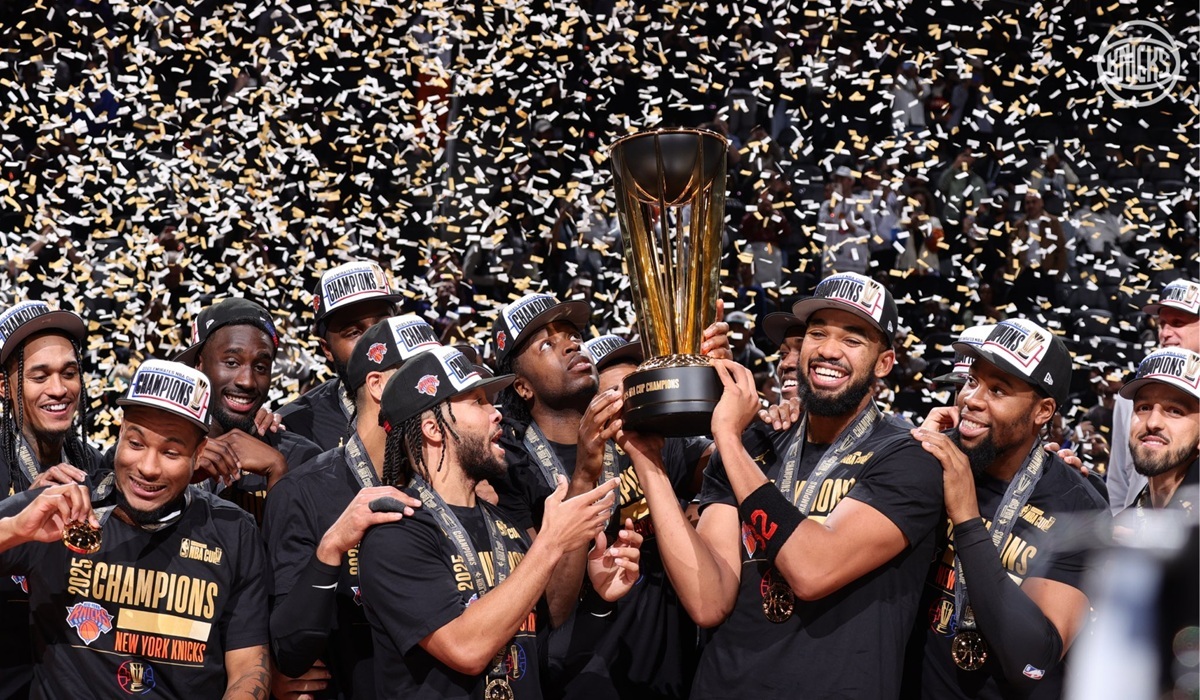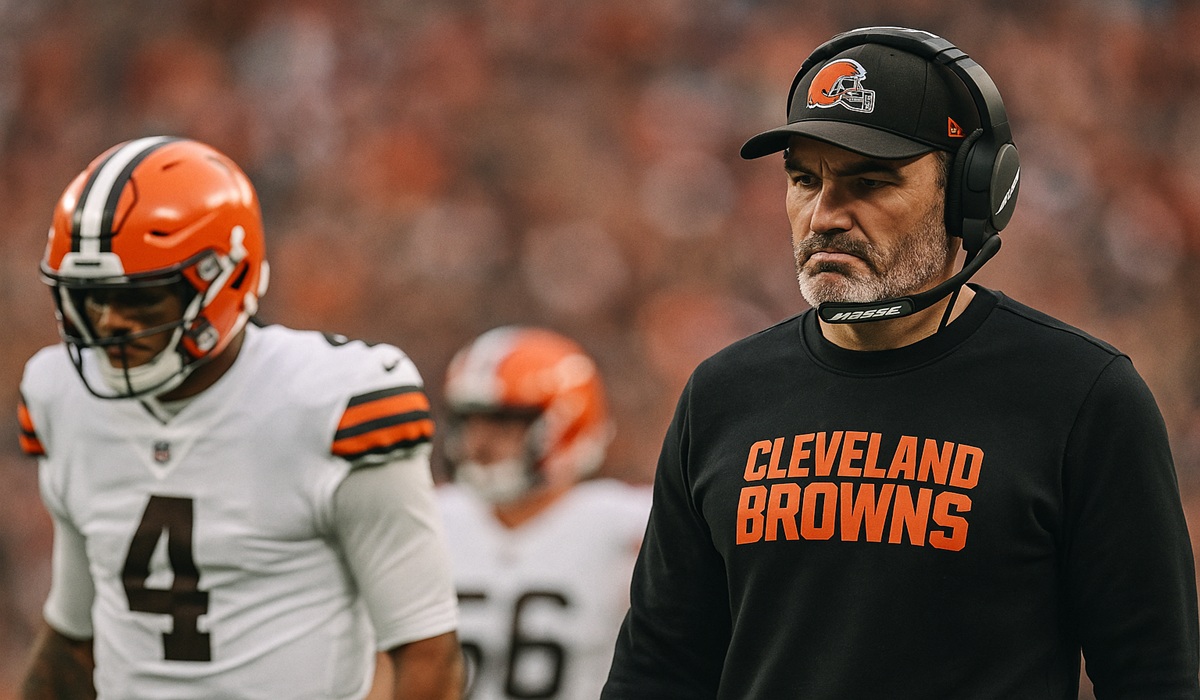In the long and storied history of baseball, few names ignite such passion, admiration, and controversy as Barry Bonds. Now, with a new wave of Hall of Fame eligibility discussions reigniting across the baseball world, Bonds’ name once again sits at the centre of a decades-long debate — one that has less to do with his performance on the field and more to do with the shadow cast by a league still reckoning with its own past.
Over 22 extraordinary seasons, Barry Bonds didn’t just play baseball — he transformed it. His career totals remain staggering: 762 home runs, the all-time record; seven Most Valuable Player Awards; 14 All-Star appearances; eight Gold Gloves; and more walks than any player in the history of the game. His ability to command respect from opposing pitchers was almost supernatural. At his peak, teams would rather issue an intentional walk than risk giving him a pitch to hit. Bonds wasn’t just a slugger; he was a tactician, a disciplined hitter who redefined how the game approached power and precision.
He stands alone in baseball’s record books as the only player ever to combine more than 500 home runs with more than 500 stolen bases. That level of dual dominance — raw power paired with elite athleticism — is almost mythical in today’s game.
Despite his unparalleled achievements, Barry Bonds remains outside the Baseball Hall of Fame. His decade of eligibility through the Baseball Writers’ Association of America ended without the necessary 75 percent vote, peaking at 66 percent. Since then, his fate rests in the hands of the Contemporary Baseball Era Committee — a panel that has so far kept the door closed.
Why? The answer lies in an era where whispers of performance-enhancing drugs became shouts. Bonds was never suspended by Major League Baseball, nor did the league ever prove he failed a test under its current drug policy. Yet the association with the so-called “Steroid Era” has tainted his image and, for many voters, crossed the invisible line of integrity and sportsmanship.
Former commissioner Bud Selig, who presided over that turbulent period, maintained a public and private grudge against Bonds, which many believe has contributed to his exclusion. It’s a story less about one man’s guilt and more about baseball’s selective memory of who it chooses to forgive.
Time has a way of reshaping legacy. Bonds’ numbers have not changed, but public sentiment has begun to shift. Many now view him as a product of his era — an era in which testing was inconsistent, rules were unclear, and nearly everyone was looking for an edge. Yet among all those players, Bonds still stood head and shoulders above the rest.
His discipline, his understanding of the strike zone, and his unmatched ability to adjust to pitchers made him a generational genius. It’s not just the power that defines Barry Bonds — it’s the science of his approach, the mastery of timing, and his command of every at-bat.
More than two decades removed from his playing days, Bonds continues to inspire fierce loyalty from fans and former teammates who insist that greatness, even if imperfect, deserves recognition. The Hall of Fame is, after all, a museum of baseball history — and you can’t tell that story honestly without Barry Bonds.
Though Cooperstown has yet to carve his name into its marble walls, the San Francisco Giants have already immortalized their legend. His number 25 is retired, and plans for a bronze statue outside Oracle Park are well underway. To the city of San Francisco, he’s not a scandal — he’s a symbol of excellence, a player who brought life, hope, and countless memories to millions.
Bonds himself remains largely reserved about his omission, often stating that his numbers “speak for themselves.” And they do. No player has so thoroughly dominated an era, no batter has ever reshaped how pitchers, managers, and analysts think about the game quite like him.
Barry Bonds is not just a baseball player — he is a chapter of the sport’s evolution. His career, for all its brilliance and controversy, is inseparable from the game’s narrative. To exclude him from the Hall of Fame is to leave that story unfinished.
Maybe time will finally soften the hard lines drawn by old grudges and open the gates to Cooperstown. Because if the Hall of Fame truly exists to honour baseball’s best, then sooner or later, the game will have to face the truth: Barry Bonds belongs there.









